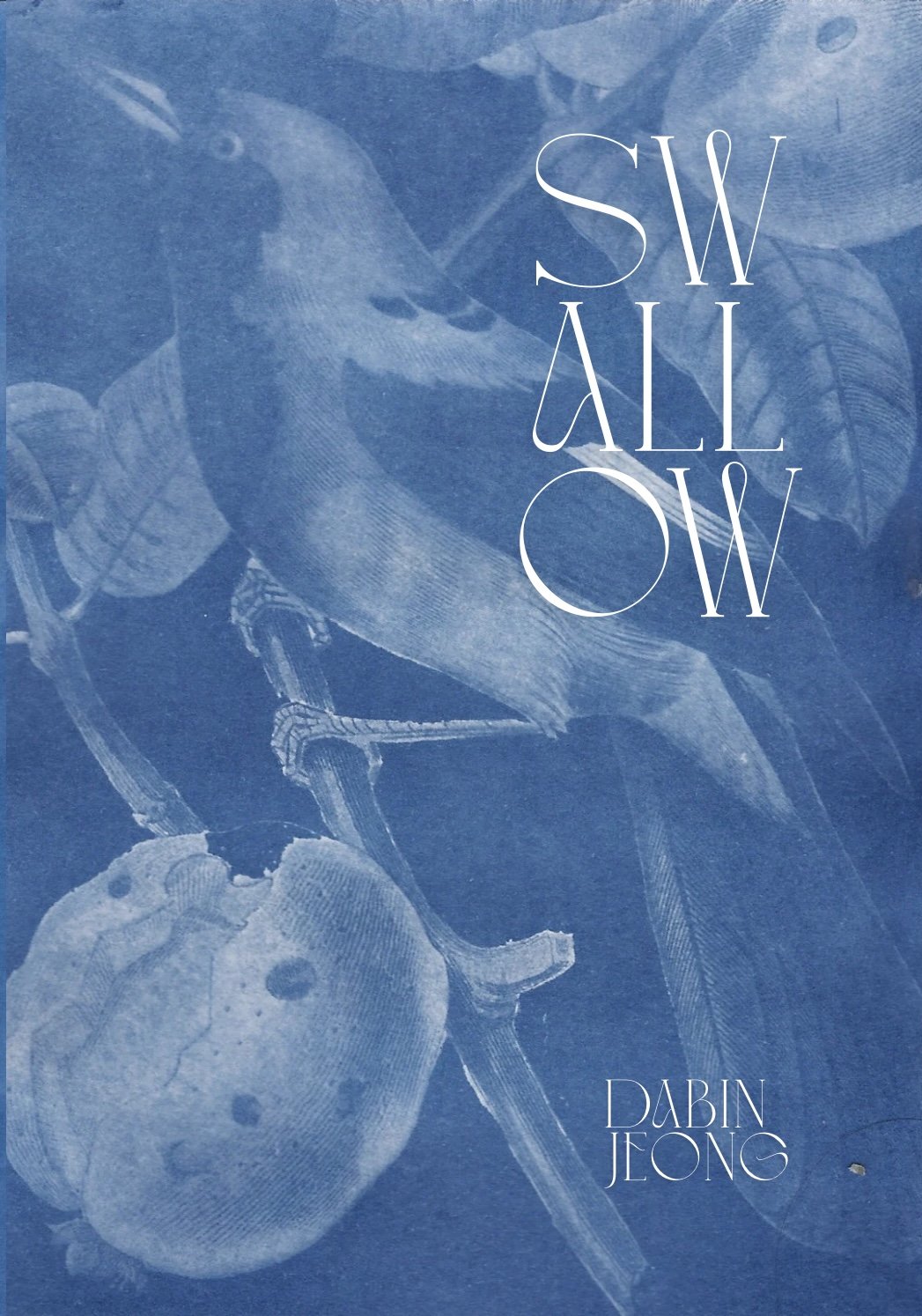Purchase Swallow through IngramSpark
Purchase through Amazon
Synopsis
"People kept dying and I said fine, fine."
Swallow is a two-part hybrid poetry collection that explores grief, music, religion, and the tradition of elegiac writing. Faced with the unexpected death of their acquaintance and the incomprehensible grief that followed, the speaker examines the dimensions of the "right to grieve" through "digestible" lists, poetic passages, and haiku. The second part, "Swallow After," written two years after the first part, conveys the lingering grief mixed with memories through a sonnet, free verse poetry, a recipe, and collages.
Praise for Swallow
With a bold hand and a hybrid eye for the tragically beautiful, Dabin Jeong’s Swallow is an elegy of awakening, a poem of reckoning with the dead to unseat one’s own soul from what we want to believe has a concrete mooring. Swallow’s looping lists of harrowing, grappling, telling, unsettling detail will leave one as breathless as the dying, as the living disentombing the dead and themselves. A revelation of self emerges through Jeong’s lists, emboldened by the visual representations of music in collage and scores of heartbreak. In “The Anatomy of a Violin,” Jeong attaches elegy to instrument: “Her body wails to the vibration of my shoulders/ and trickles down, I throw my hands in the air/ leaving traces of the slain.” No matter where one lands within this gripping collection, a complex and compelling aria emerges, a voice rising through grief, a voice deciding to live.
—Jen Rouse, author of Fragments of V
“She starved to death. Once I also starved to live,” Dabin Jeong writes in their haunting debut, Swallow. What does it mean to swallow—sustenance, emotions, expectations, fear, words? These are the questions Jeong probes in elegies that take the form of outlines, recipes, musical scores, and graphics. Just as 삼계탕 (Samgyetang, ginseng-and-chicken soup) fights heat with heat (以熱 治熱), Jeong uses white space to fight silence with silence. We are left fully satiated yet craving more of this fierce, brilliant voice.
—Erin Murphy, author of Human Resources and Fluent in Blue
Dabin Jeong (they/them) is a poet and literary translator from Seoul, South Korea. Their works appeared or are forthcoming in A Public Space, The Journal, Pinch, Modern Poetry in Translation, The Southern Review, Spoon River Poetry Review, Quarterly West, and Indiana Review. You can find them on Instagram @verymanybins



